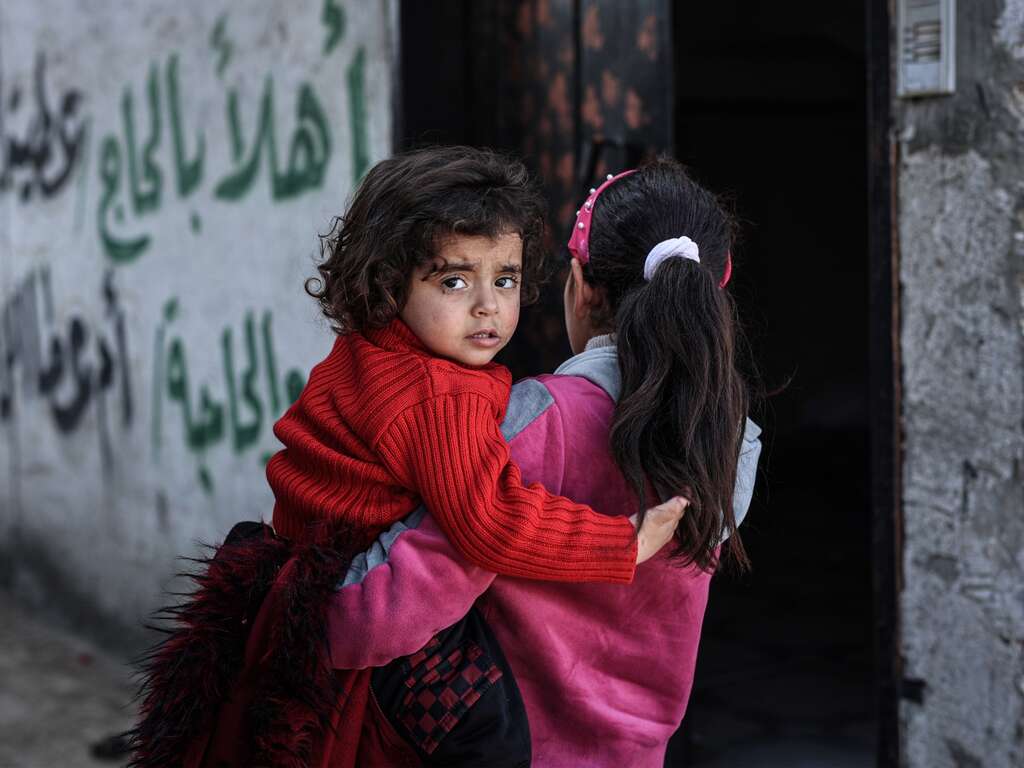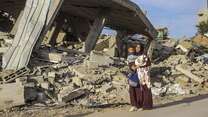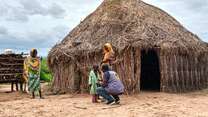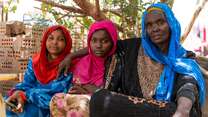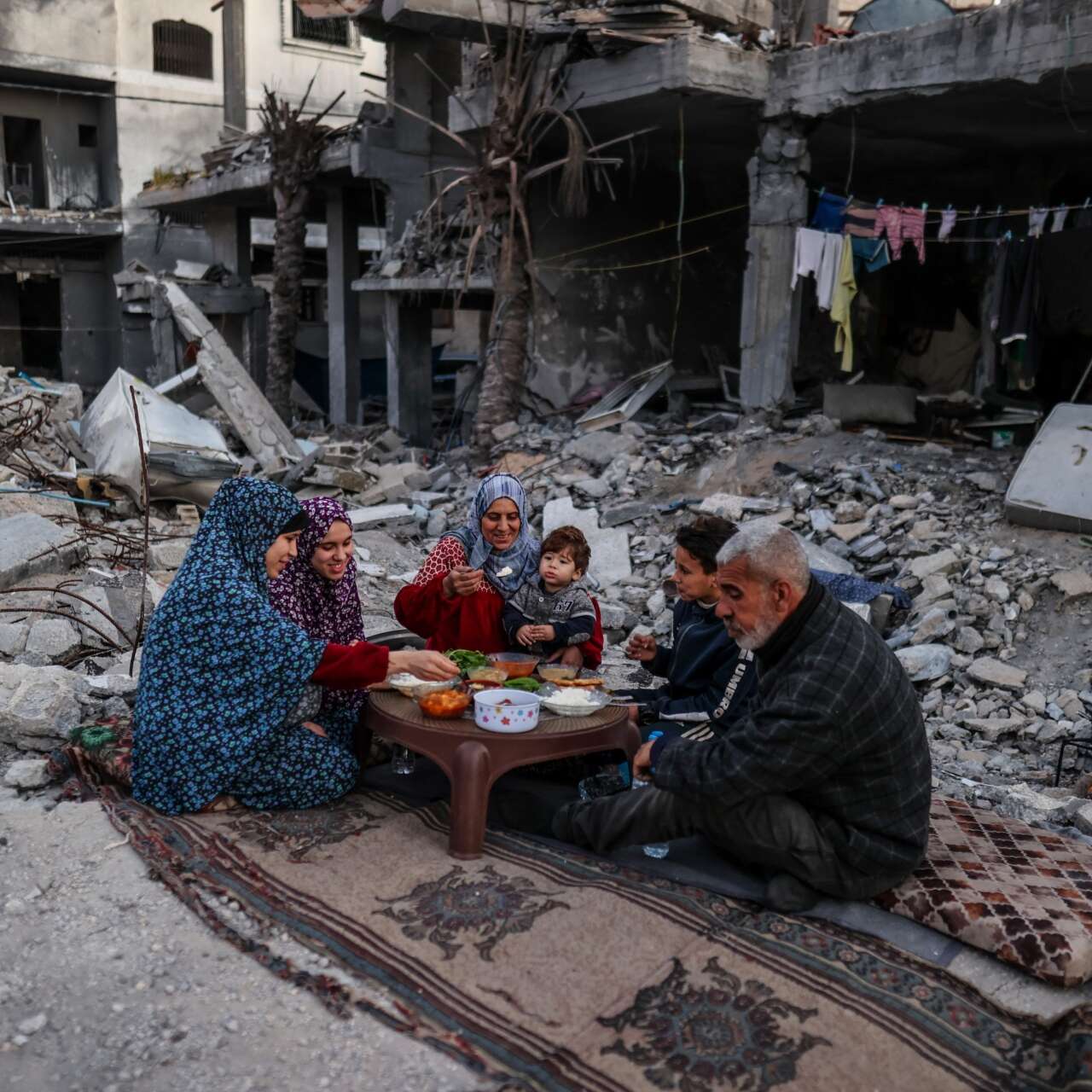
The International Rescue Committee (IRC) welcomes the announcement of a ceasefire in Gaza. This ceasefire must be a turning point. It is a chance to shield civilians from further harm, achieve the release of hostages and scale up humanitarian aid to meet the urgent needs of the population.
The IRC has been delivering lifesaving services in Gaza since Israeli forces began airstrikes and ground operations after Hamas and other armed groups launched a deadly ground incursion and rocket barrage on southern Israel on October 7, 2023, killing 1,200 people and taking over 200 hostages.
How severe is the humanitarian crisis in Gaza?
More than a year of fighting has led to widespread destruction of civilian infrastructure and has had a rapid and catastrophic impact on Gaza and its two million residents. Israeli operations have caused severe destruction and widespread death and displacement throughout Gaza. Israeli airstrikes, bombing and ground-fighting have destroyed homes, hospitals, schools, shelters, religious sites and stores. There is no safe place in all of Gaza.
According to the United Nations (UN), which bases its figures on the Gazan Ministry of Health statistics, nearly 46,000 Palestinians have been killed and over 109,000 others have been injured. Nearly 1.9 million Palestinians, about 90% of the population, are estimated to be internally displaced—many of whom have been displaced multiple times over.
“The scars of this war will be long lasting, but a surge of aid is desperately needed to provide immediate relief to civilians," explains IRC President and CEO David Miliband.
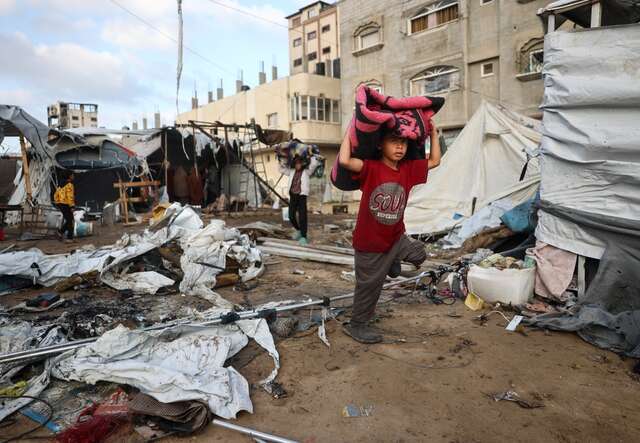
How is the IRC delivering aid to communities in Gaza?
Despite numerous challenges and obstacles, the IRC and our partners have been delivering emergency and life-saving medical care since the 2023 escalation in conflict. We will continue to work tirelessly to treat malnutrition in children, provide mental health and psycho-social support sessions to those suffering from acute trauma, and provide specialized protection services, including case management and support for unaccompanied and separated children. We are also providing critical medical supplies and pharmaceuticals, food parcels and delivering clean water.
We have reached more than 180,000 people in Gaza with critical services.
The IRC welcomes the ceasefire in Gaza and calls for flexible funding and the free flow of aid and humanitarian workers. We stand ready to scale up our support to communities impacted by more than 15 months of conflict.
Learn more about work in Gaza.
How can I help deliver life-saving aid to communities in Gaza?
The ceasefire in Gaza represents an opportunity to scale up the delivery of humanitarian aid to meet the urgent needs of Palestinian communities.
Your support can help people survive, recover and rebuild their lives.
Donate to a trusted organization
The IRC’s response in Gaza draws on our global experience and expertise in emergency response, as well as our longstanding presence in the region. We are scaling our services to meet the immense humanitarian needs in Gaza—but we need your support.
The IRC is consistently awarded top marks by charity watchdog groups for our efficient use of donor contributions and the effectiveness of our work.
Stay informed and spread awareness
Follow the IRC’s Instagram, Facebook, LinkedIn and X accounts to stay up to date with our work in more than 40 crisis-affected countries around the world.
Read the 2025 Emergency Watchlist and learn more about the top 10 crises the world can’t ignore in 2025—including the occupied Palestinian territory (oPt).
